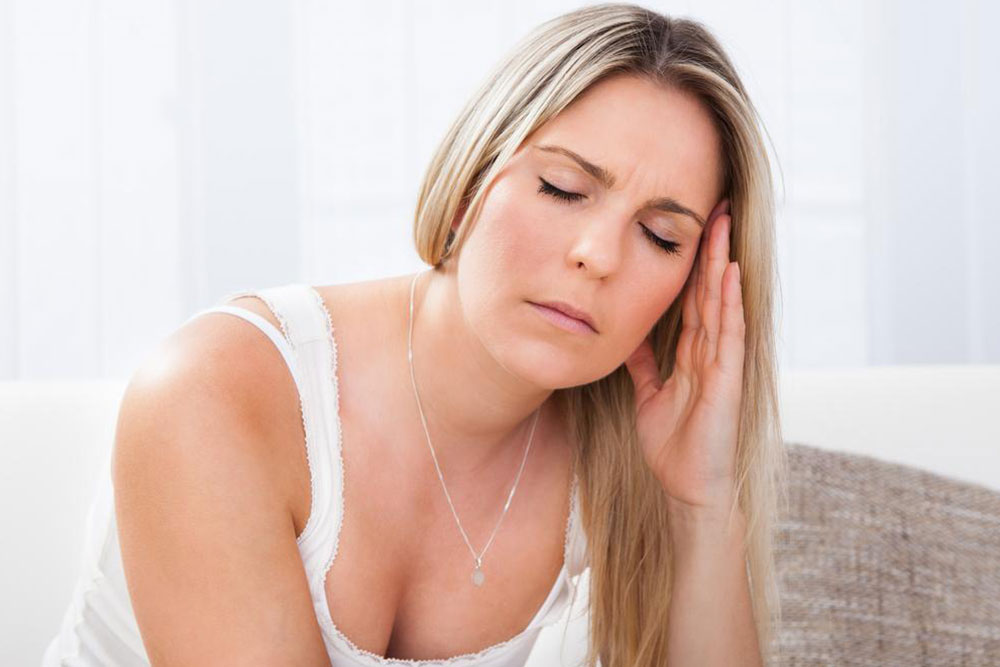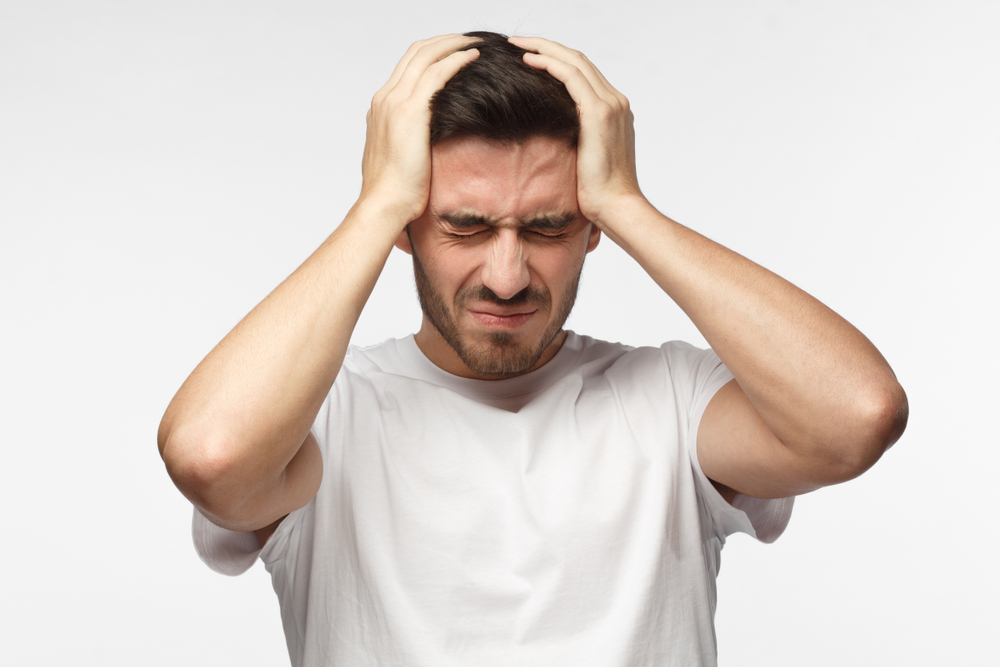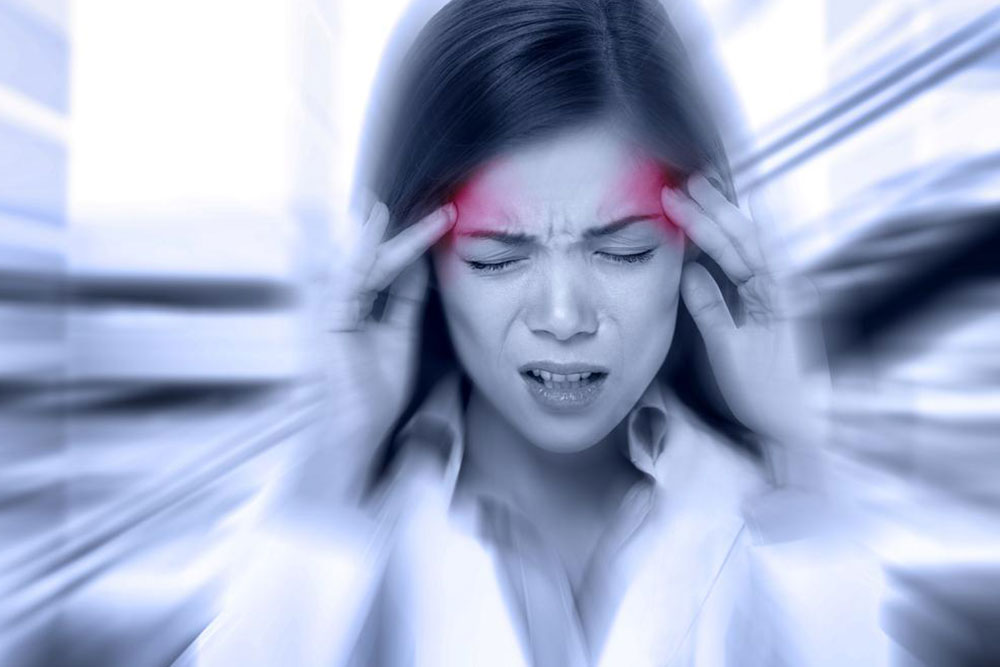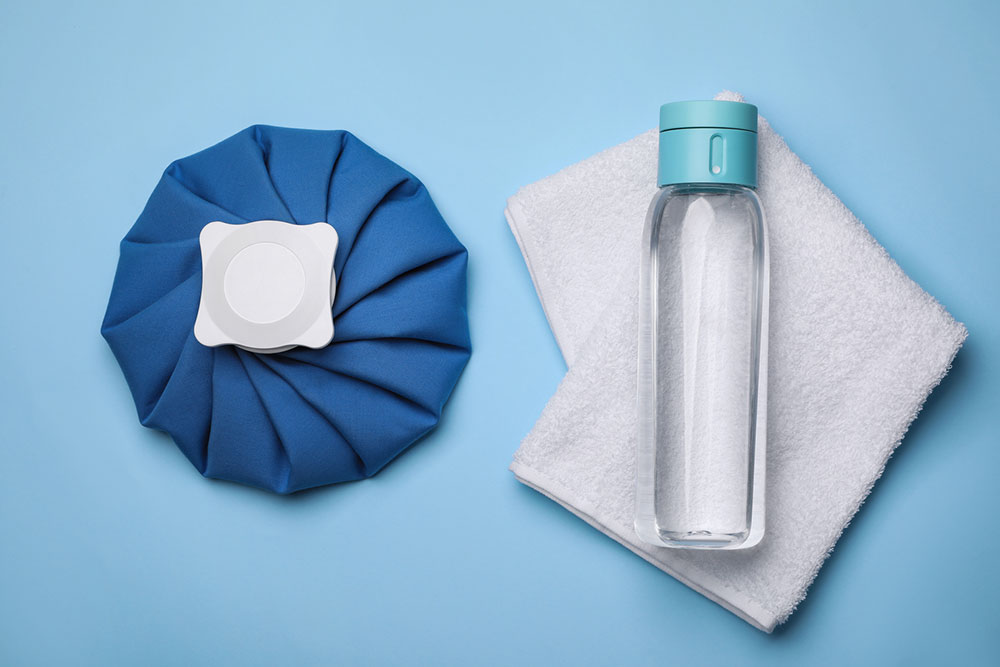What is migraine and how is it triggered?
Migraine is an extreme headache disorder. It is characterized by recurrent headaches which can be moderate or severe. The headache causes by migraine affect one half of the head. The headache is pulsating in nature. Migraine attacks can last from two to seventy-two hours.
Since migraine triggering is unique in every person, scientists are yet to find the base cause of migraine attacks. It is not uncommon for a person to have a several migraine triggers.

Food products that are aged, for example, cheese or salami cause migraine headaches to many. Foods that are highly processed can also trigger migraine.
People who have a history of skipping meals or the ones who observe fast are more prone to get migraine attacks.
Alcohol and beverages that are high on caffeine cause migraine attacks.
Since we have become used to consuming processed foods on daily basis, there are some artificial sweeteners such as aspartame that can trigger migraine. Preservatives such as monosodium glutamate (MSG) can be a source of migraine headaches for some people. Hence, it is important that you read the label before buying such food products.
There are many people that get migraine headaches due to sensory stimulation. Unusual bright lights, loud noises, and strong smells can set off migraine headaches. Other sensory stimulations include flashlights, bright sun, perfume, paint, and cigarette smoke which can be considered as common triggers.
For women, hormone shifts are a common migraine triggers. Women tend to experience migraine headaches right before or even when they are menstruating. They also experience hormone-induced migraines during pregnancy or menopause. This maybe because of the estrogen levels change during these times and trigger a migraine episode.
Medications such as birth control and hormone replacement therapies can trigger or worsen a migraine. Although there are some cases in where the medications can actually reduce migraine headaches.
Personal and professional life are the two most common sources of stress and can affect the mind and body if not controlled effectively. If you have an irregular sleep cycle and not getting regular, routine sleep, you may experience more migraines.
It might be hard to believe but weather changes and shift in barometric pressure can also trigger a migraine headache.
Going by the above mentioned causes you need to narrow down on whichever factors out of these cause migraines so that you can avoid them.




